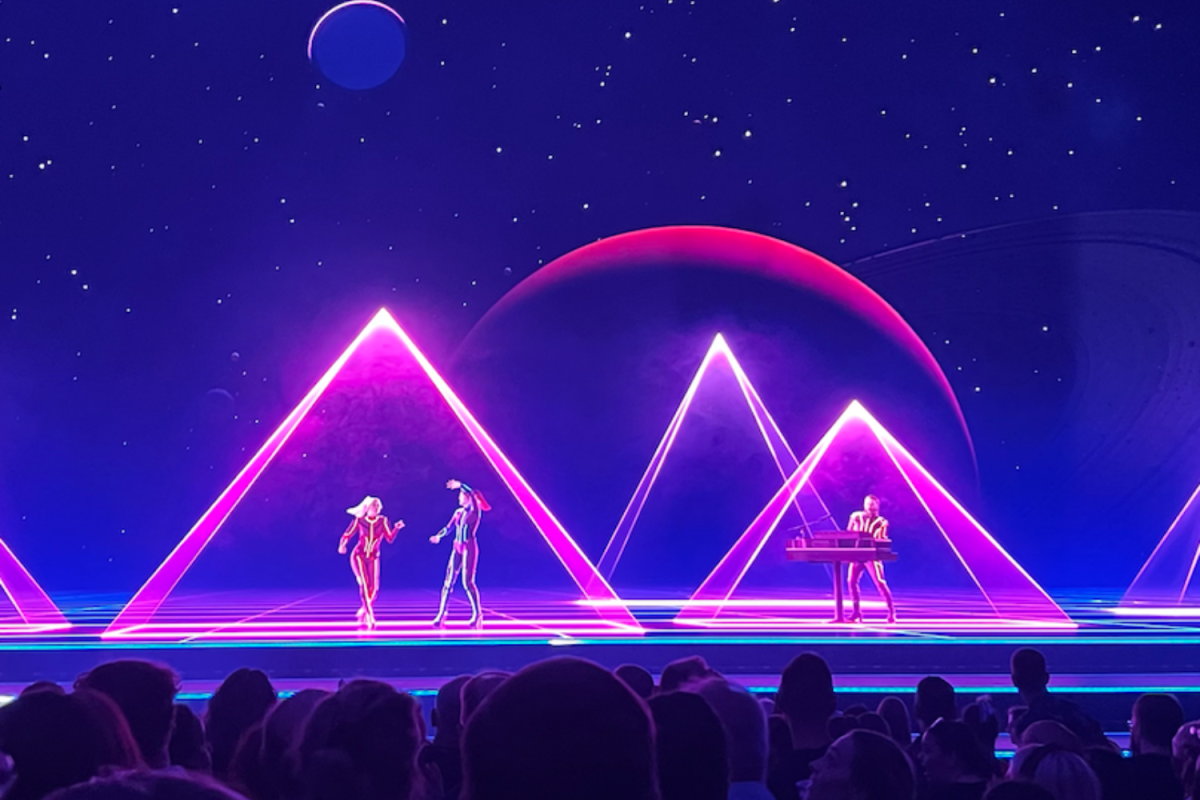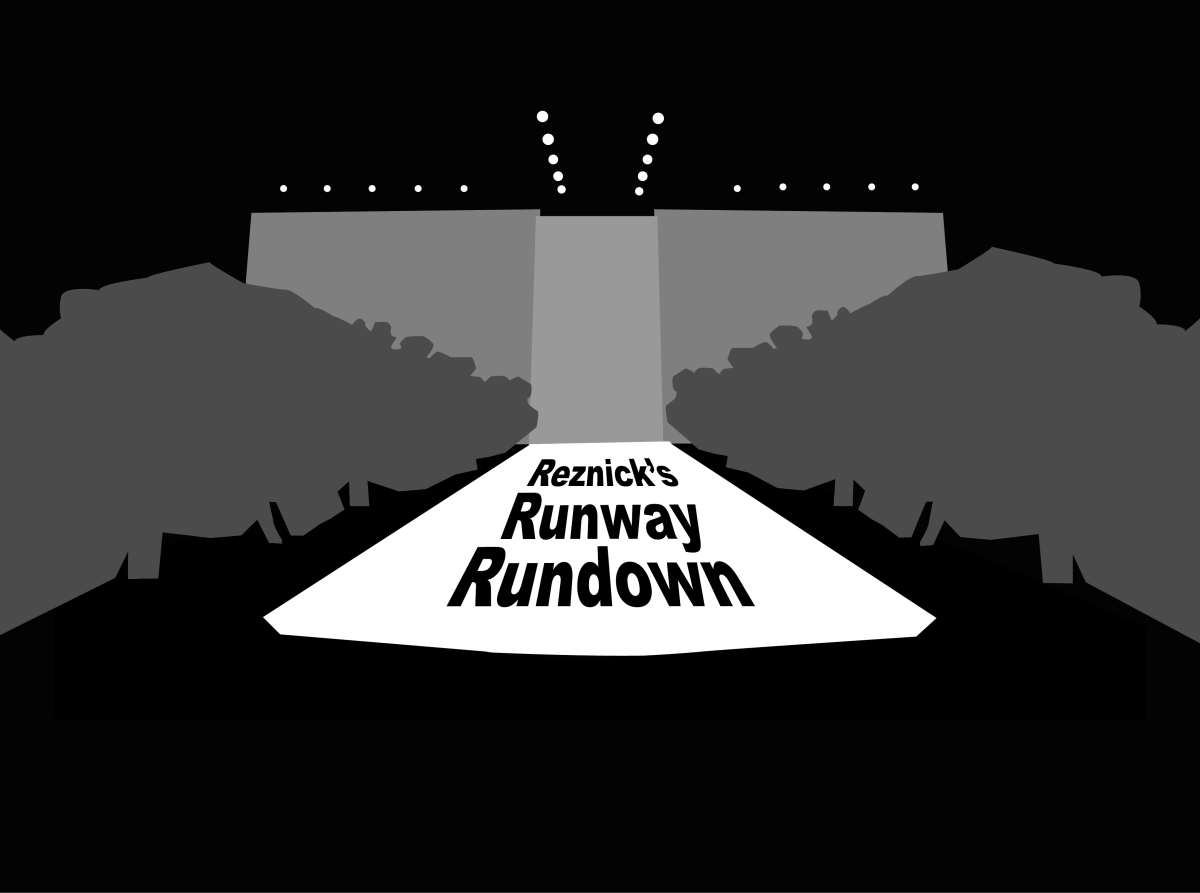The reactions of political groups towards certain films and how that has impacted the film industry.
Controversy has recently circled around the inclusion of a more diverse set of actors in popular franchises. The 2016 Academy Awards were widely criticized for not including any nominations for black people. Chris Rock, the host, dubbed the event “the White People’s Choice Awards.”
However, the portrayal of black people in films has drastically improved in the 20th and 21st centuries. We now have a black man as one of the main characters in Star Wars: The Force Awakens and a virtually all-black cast superhero movie, Black Panther. Women have also been put at the forefront of action movies with the release of Wonder Woman and The Hunger Games.
However, accompanying these improvements is criticism from the alt-right and far-right groups that say that these movies are imposing “liberal propaganda” on an audience who is simply trying to enjoy a film.
The same backlash often happens with those on the far-left who are intent on ensuring that every single movie is perfectly ethnically representative of society and accuse any movie of not doing so as racist. So-called politicization usually takes the blame, however, such politicization is almost always the fault of audience members rather than the actual film.
While the new Black Panther film enjoys a solid 79 percent audience score on Rotten Tomatoes, over one-fifth of moviegoers who didn’t enjoy the film had something to say about the film’s inclusion of politics and “social justice warrior propaganda.” Some online reviewers, claimed that the film tried to be a “political flick.” One reviewer said that, in a “politically correct manner,” the film attempted to portray Africa in a positive light while overshadowing the problems that the continent faces today.
This is wrong on so many levels. Firstly, the best action movies are more than just explosions and dramatic dialogue, they have an important messages as movies should do. Black Panther is never a politically affiliated film, rather it stimulates a discussion. (Note, minor spoilers for Black Panther are ahead). The villain Killmonger believes that Wakanda, the home of Black Panther, should use its advanced technology to help black people around the world rise up against the non-black governments. Black Panther refuses and says he has a duty to protect Wakandans not all Africans.
The film ends with a compromise, T’Challa agrees to set up a community center in the U.S. for African-Americans, but rejects the idea of a violent uprising. This is not politicization, this is raising awareness about a reasonable discussion that is taking place today. If action movies want to remain relevant to a group other than under-12s they must factor important issues, not necessarily political ones, into the plot. This is not propaganda, this is awareness.
With regards to the portrayal of Africa, wouldn’t it be just as political to highlight the issue of poverty in Africa? In all parts of the world there is a major discussion on methods of ending poverty, for the film to highlight this would be just as political as pretending Africa is a high-tech utopia.
The same message was echoed by British Far-right provocateur, Milo Yiannopoulos argued against the same liberal politicization in the new Star Wars saga. “Women have ruined Star Wars” he hailed on his weekly podcast. An article in the publication American Greatness also addressed the controversy surrounding Laura Dern’s character, Vice Admiral Holdo. (Minor spoilers for the Star Wars: The Last Jedi ahead). In the film, Holdo ends up devising a plan, which Oscar Isaac’s character Poe Dameron impulsively ignores, in favor of his own agenda. However, Holdo’s plan ultimately ends up working, while Dameron’s fails.
The article, written by Wayne Isaac, argued that the film wanted us to interpret Dameron’s ignorance as “toxic masculinity” and that the success of Holdo’s plan is feminist propaganda. Regardless of one’s views, this is not propaganda nor any sort of political statement for a female character to be right, while a male character is wrong. The plot would have been the same even if the genders of these characters had been reversed. Isaac’s character was simply impulsive, not overly-masculine.
Again, the problem is not the film itself, but rather the interpretation of an audience member who sees that as a political attack. A woman being correct and a man being incorrect or vice-versa should not be considered political.
Ironically, the same complaints that the alt-right is pursuing about these films, were also present by those on the far-left. Both sides of the political spectrum are obsessed with identity politics, the idea that some political positions are based on values of a specific religious or ethnic group. The left has also been obsessed with gender, race and religion in films.
A Daily Beast article by Marlow Stern argues accuses Marvel of being “obsessed with white guys” and was fearful of a minority superhero (Note: This was before the release of Black Panther). He also said that it sends a message to minority viewers that they cannot save the world. In a Variety article Maureen Ryan criticized the Star Wars franchise after a statistic came out saying that 96 percent of the creators of Star Wars were white.
A great piece of entertainment whether it be Star Wars or Black Panther remains great regardless of the skin color of its creator. Black Panther is a film that non-black viewers can enjoy as much as black viewers, equally a predominantly white film can be enjoyed by all audience members, who choose to associate a political message with race.
The most fascinating part of this is that people from all sides of the political spectrum choose to politically interpret a film. This politicization is merely the fault of two sides of the political spectrum, the far-right and the far-left, who are obsessed with identity politics and race and are intent on applying it to social aspects of our lives.
Written by Staff Writer Ishaan Rahman




